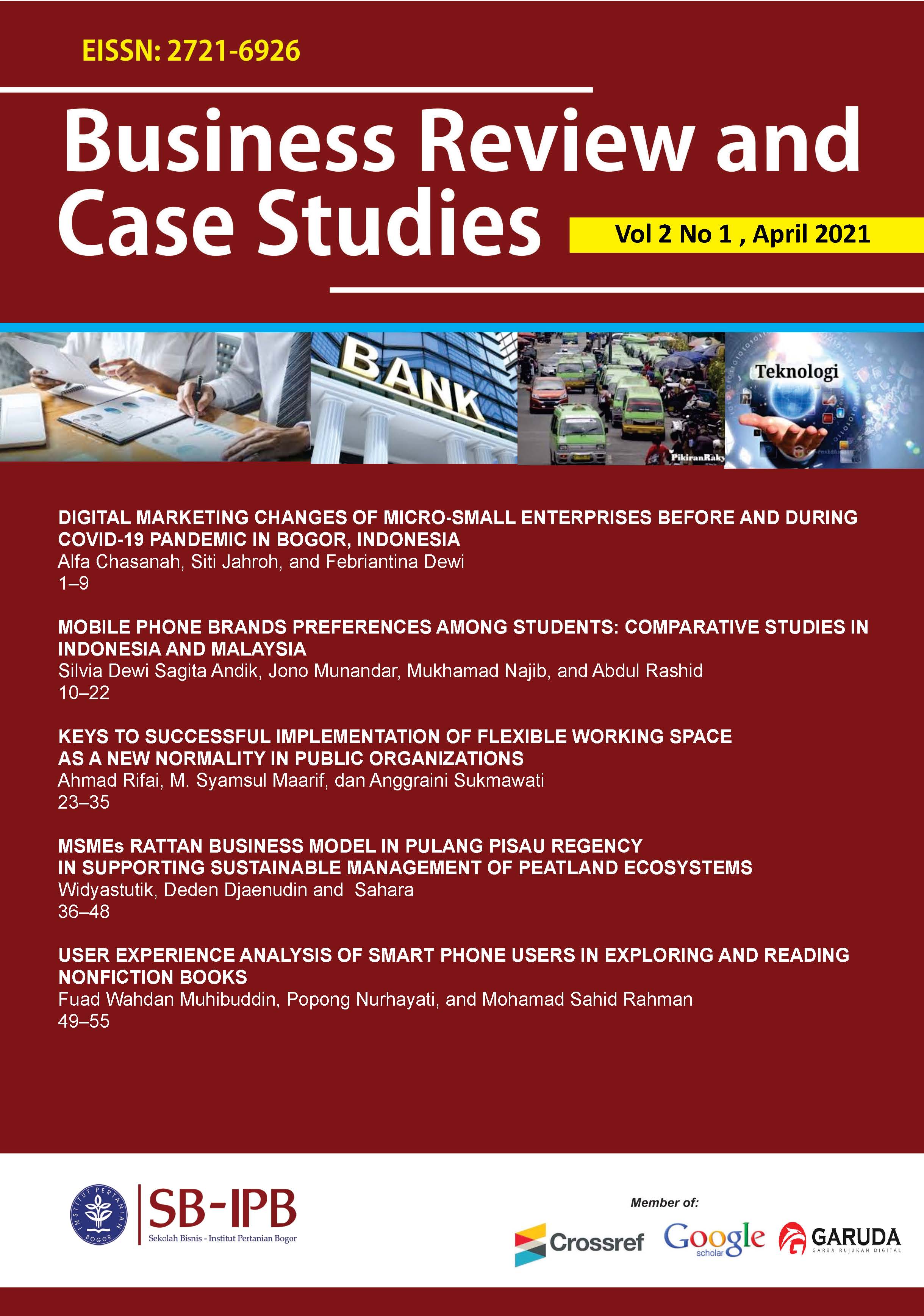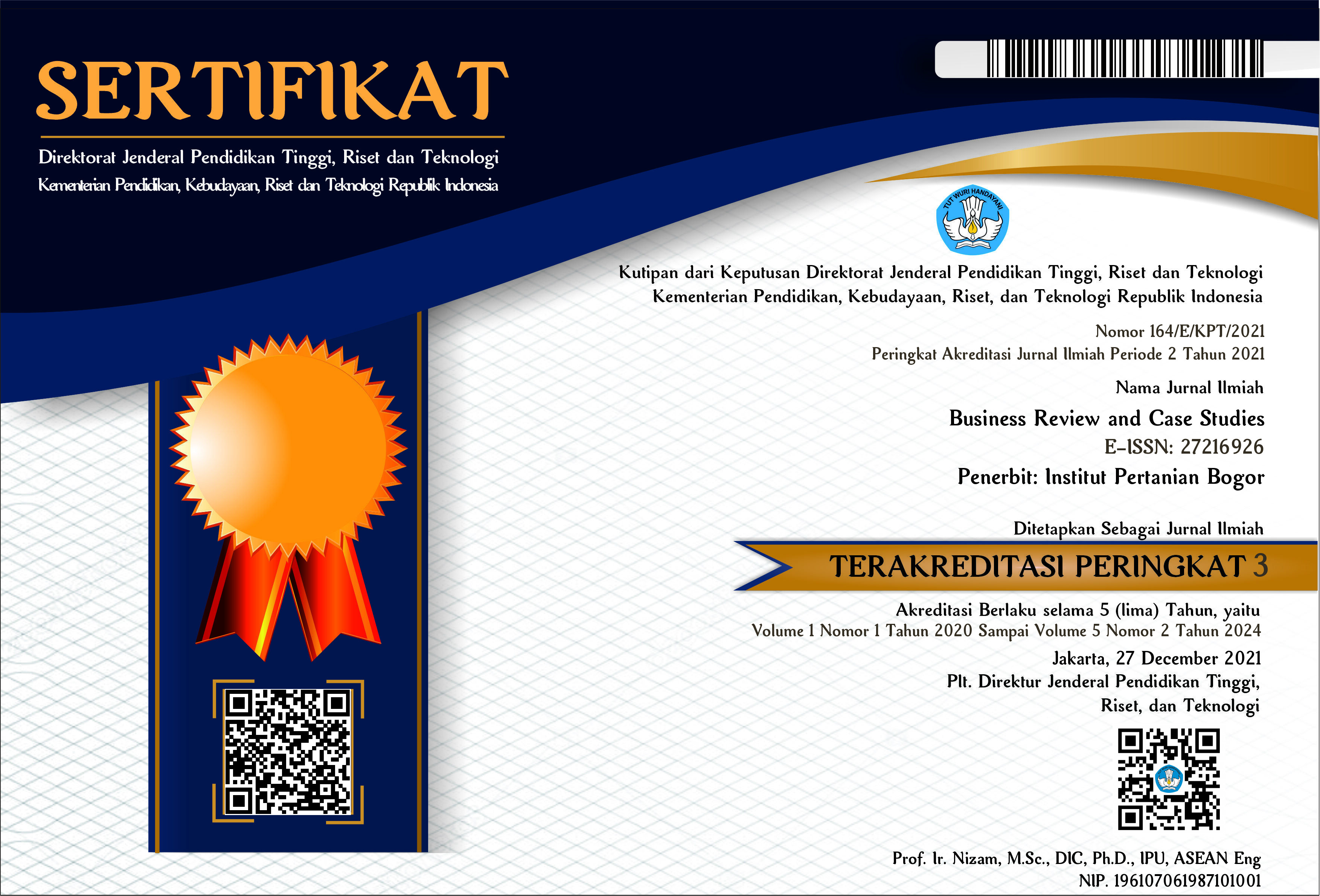KEYS TO SUCCESSFUL IMPLEMENTATION OF FLEXIBLE WORKING SPACE AS A NEW NORMALITY IN PUBLIC ORGANIZATIONS
Abstract
COVID-19 caused a health crisis that prompted the acceleration of implementing the new "new normal" paradigm at work. Employees are forced to work from home without preparation and face-to-face supervision from superiors. In this regard, the Ministry of Finance is implementing a Flexible Working Space. This study aims to analyze studies related to crisis communication, internal communication, Flexible Working Space, and their application in the Ministry of Finance. The scope of this research focuses on literature references related to crisis communication, internal communication, and Flexible Working Space in the COVID-19 pandemic conditions, which can be applied to the government sector. This research uses secondary data through literature studies related to organizational communication, Flexible Working Space, and the latest data related to COVID-19. The results show that crisis communication in the Ministry of Finance has adopted the Crisis and Emergency Risk Communication (CERC) model, which consists of six principles: be first, be right, be credible, express empathy, promote action, and show respect. Flexible Working Space at the Ministry of Finance is one of the strategic initiatives whose implementation is accelerated due to the impact of COVID-19. Therefore, internal communication is needed regarding the application of Flexible Working Space. Besides, it is necessary to formulate policies, feasibility, availability, schedule arrangements, response speed, productivity measures, office equipment, technical support, employee layoffs, and a physical environment to support Flexible Working Space's successful implementation.
Keywords: covid-19, crisis communication, flexible working space, internal communication, ministry of finance








.jpg)






